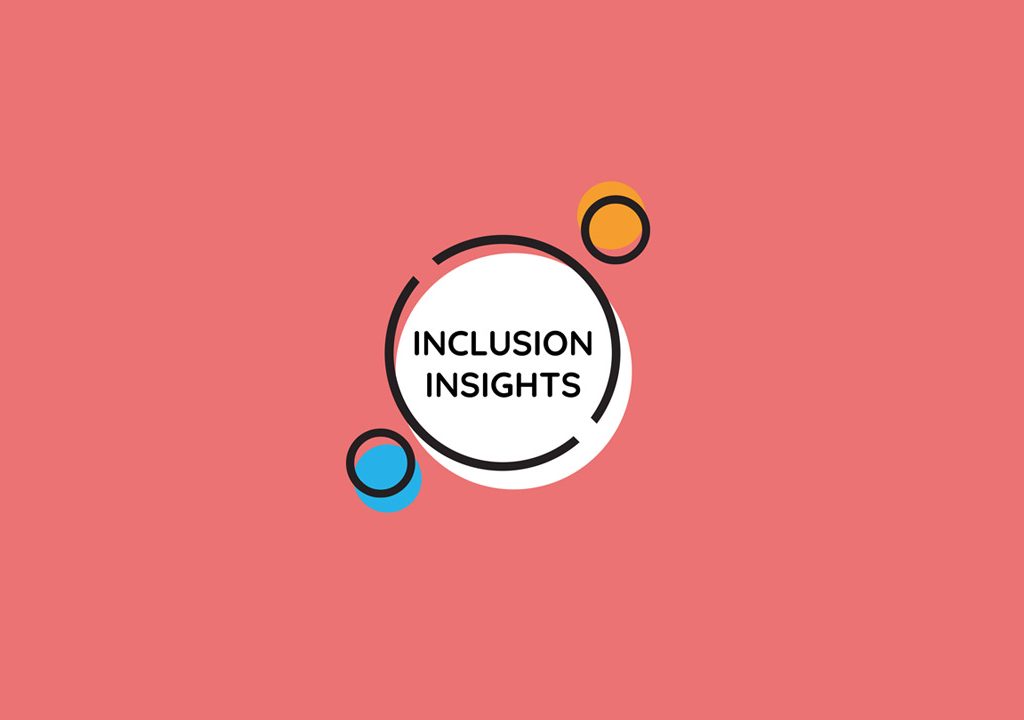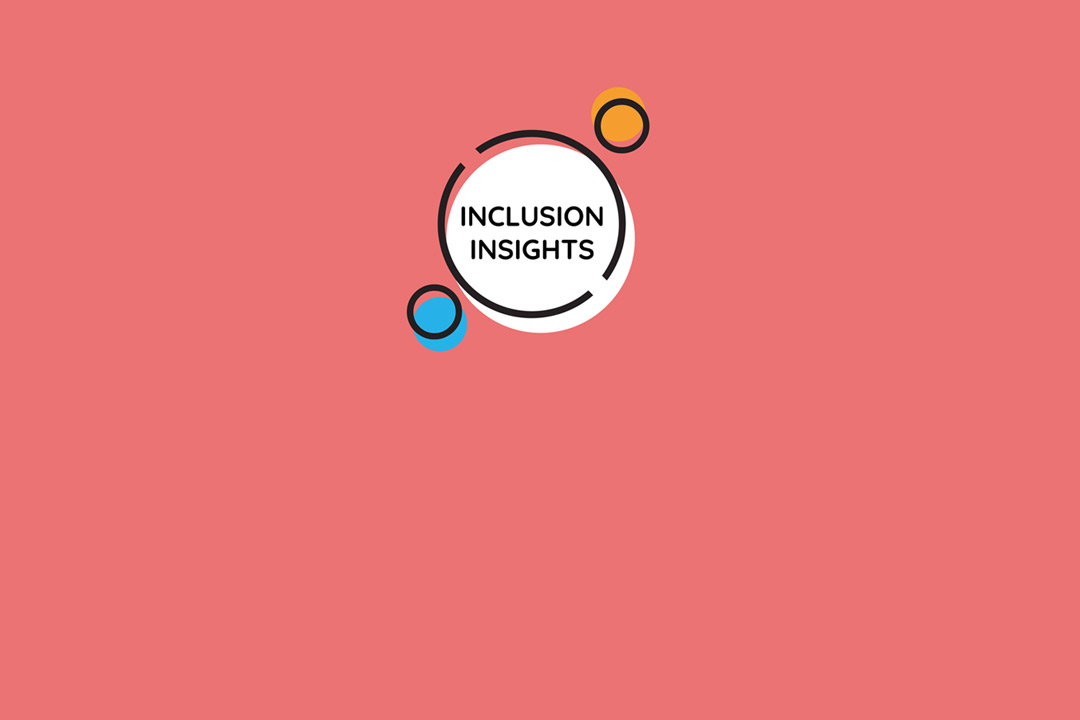
Can peer support increase the participation of students who encounter obstacles in higher education in international mobility programmes?
Prof. Lelia Kiš-Glavaš, PhD
University of Zagreb, Faculty of Education and Rehabilitation Sciences
Agency for Mobility and EU Programmes Inclusion and Diversity Ambassador
WHAT IS PEER SUPPORT
Peer support has a long-standing history and has been taking place informally everywhere service users gather — in hospitals, social welfare institutions, educational settings, and in the community in general. It can be defined as a system of providing and receiving help/support based on the key principles of respect, mutual responsibility, and agreement on what is needed and useful. Some scholars define it as a mutually agreed-upon social and emotional support rooted in lived experience-based expertise and provided by persons who share similar contexts and challenges, with the aim of achieving positive personal change.
It has been demonstrated that peer relationships can be very supportive in education, career advancement, and psychosocial functioning, as there is usually a smaller difference in age and hierarchy, as well as a greater mutuality of interaction and relationship duration.
Peer support is a global phenomenon which has been proven effective in various groups, including students, people with disabilities, as well as people with mental health challenges. The introduction of peer support into schools and universities is on the rise, which testifies to its efficacy in improving student wellbeing and academic success, and makes it a sustainable approach to creating positive educational experiences.
Students are especially vulnerable to impaired wellbeing and academic success, as they face numerous challenges while transitioning into new academic and social settings. These include academic stress, mental health challenges, and the necessity of developing good communication and social skills. This is especially pronounced among both undergraduate and postgraduate international and exchange students.
It is important to note that peer support is not limited to peer teaching, cooperative learning, and knowledge and experience exchanges, as it also includes informal peer social activities such as communication via social media, sharing personal challenges, joining student associations, etc. Thus, peer support assists in the development of the personal and social skills of both those who provide it and those who receive it, especially their communication skills, self-respect, negotiation skills, self-advocacy, and the ability to ask for and provide support, with various other socio-emotional skills needed for establishing and maintaining meaningful relationships. Furthermore, it encourages teamwork and leadership skills by enabling individuals to take on new roles and responsibilities.
Along with peer support, friendship, and motivation, students can acquire knowledge about academic content and learning strategies, as well as emotional, social, and spiritual support, which in turn enhances their self-esteem, self-respect, social interactions, sense of acceptance, and overall quality of life. First-year students adapt more easily to new settings with peer support, and the same applies to international exchange students.
PEER SUPPORT FOR STUDENTS WITH DISABILITIES – UNIVERSITY OF ZAGREB EXPERIENCE
Intensive work has been done at the University of Zagreb since 2005 on developing a support system for students with disabilities, including, among other things, peer support. Peer support for students with disabilities offers many advantages, including promoting social interactions and social benefits, positive changes in self-esteem, self-respect, and self-governance, hope, empowerment, reduction of loneliness, improved career and academic outcomes, as well as improved psychological wellbeing and mental health.
As a part of a joint Tempus project “Education for Equal Opportunities at Croatian Universities – EduQuality”, we developed a university-wide elective “Peer support for students with disabilities”, with the aim of creating equal opportunities for students with disabilities in Croatian higher education, with a special focus on the sustainability of such activities. At the time, there was a lack of funding for support for students with disabilities, which continues to be a challenge today. Thus, the elective was envisioned as a course in which students would be educated to provide peer support as a way of earning ECTS points. Such an approach aimed at valorising the work of students who would provide support to their colleagues with disabilities and at ensuring its sustainability. Structured peer support, including training and supervision, also ensures the competencies of peer assistants and enables them to contribute to better conditions for students with disabilities, who have to overcome a series of organisational and structural obstacles in the Croatian higher education system. Moreover, peer assistants also gain priceless experience and develop a multitude of socially beneficial skills and abilities through the knowledge and skills acquired during the preparatory workshop.
This elective is currently the only university-wide elective at the University of Zagreb, meaning it is not tied to a specific study programme. It was created so that it is inclusive and open to students from all faculties and study levels. Furthermore, it is offered each semester in order to address the systemic needs for supporting students with disabilities.
Each enrolled student is obligated to attend the preparatory workshop for a duration of 15 academic hours of lectures and 30 academic hours of exercises/practicals. They are also obligated to provide 75 hours of peer support in accordance with individual plans for providing peer support to a colleague with disabilities, as well as 30 hours of supervision every two weeks and to participate in the mandatory course evaluation. Alongside this core model (Model A), students have the options of Model B and C. Model B includes only providing support under supervision for those students who already completed Models A or C, while Model C includes only attending the preparatory workshop and is intended for students who want to achieve the course learning outcomes, but do not currently have a colleague with a disability in their study group who requires support.
Course evaluation reports continually show a positive influence and the effectiveness of the course in various aspects, such as increasing sensitivity towards students with disabilities, strengthening peer support provision skills, encouraging readiness and the ability to advocate for the rights of students with disabilities, understanding the role of peer support within the academic and wider social setting, etc.
CONCLUSION
Peer support has proven to be an effective and sustainable strategy for encouraging inclusivity in higher education. It results in an array of benefits for both students with disabilities and their peer assistants. The positive effects of peer support on the academic achievement and social inclusion of students with disabilities also extend to shaping the attitudes of other students, and academic and administrative staff towards them. It is thus evident that peer support, as an inclusion strategy, has significant potential for promoting diversity and inclusion not just for students with disabilities, but also for other students with fewer opportunities and those who face obstacles in higher education regarding various academic activities, including Erasmus+ international mobility.
